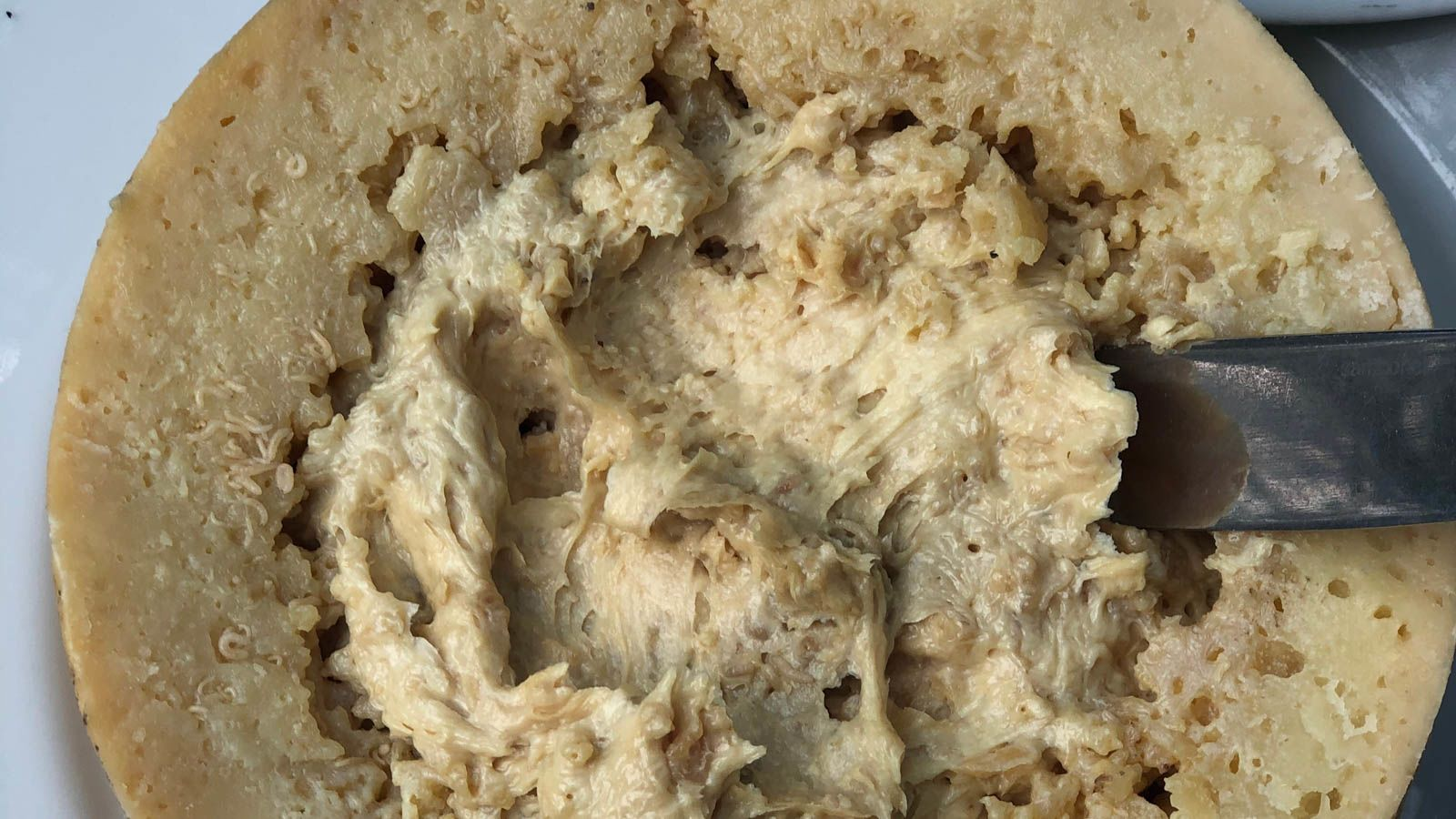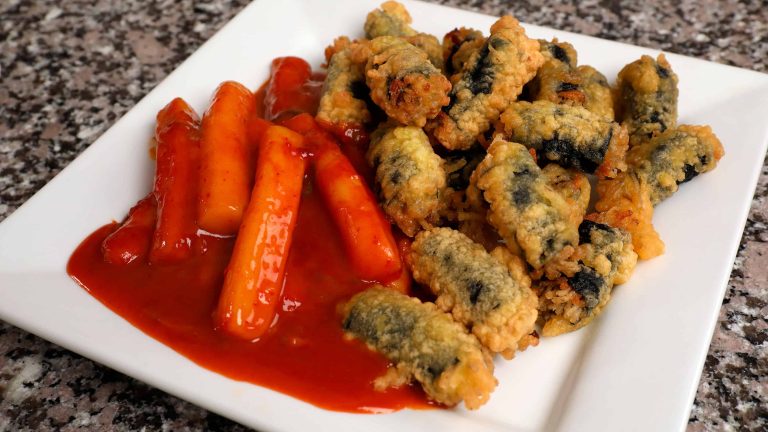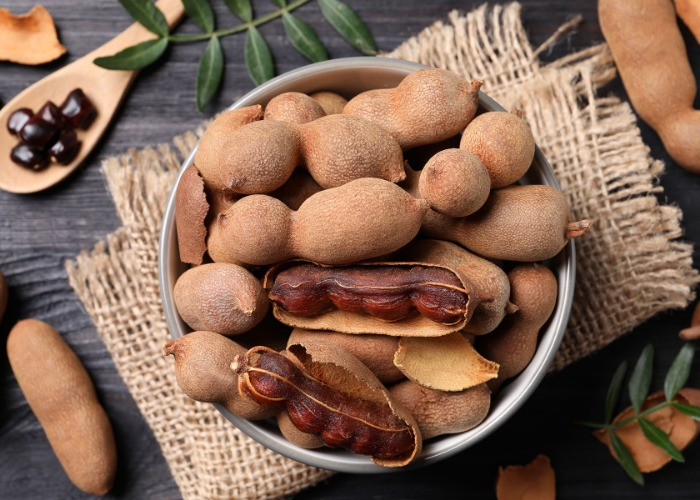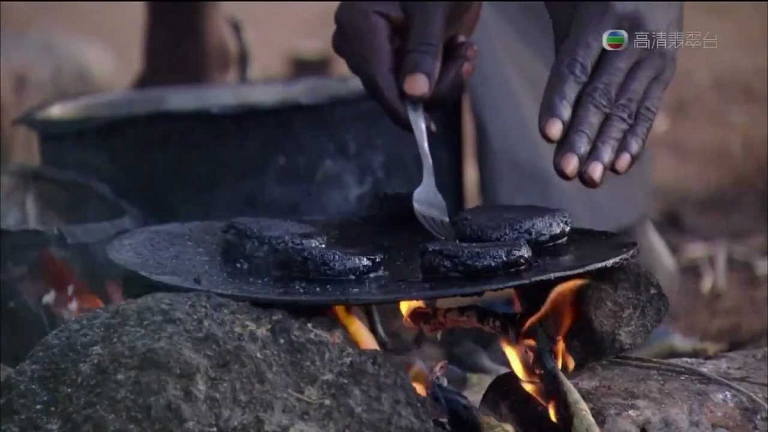
Deep in Sardinia’s pastoral hills lives one of the world’s most notorious delicacies: Casu Marzu, a sheep-milk cheese intentionally teeming with live maggots (Piophila casei larvae). Known locally and in traditional circles, its name literally means “rotten cheese,” but what makes it fascinating — and controversial — is how those maggots drive fermentation and flavor, producing a soft, creamy texture and pungent tang.
From a legality and health perspective, Casu Marzu pushes every boundary. The cheese is banned across the EU, including Italy, because of serious food-safety concerns: live larvae can survive stomach acid and cause a condition called pseudomyiasis. Despite this, small-scale production persists in Sardinia, with some locals continuing traditional methods and consuming the cheese in ritualized or cultural settings. Its unique production method and underground status lend it authority in gastronomic lore — but also raise trustworthiness issues due to health risks.
Whether you view Casu Marzu as a cultural treasure or a culinary dare, it embodies experience (centuries of Sardinian tradition), expertise (fermentation guided by live insects), authoritativeness (deep roots in regional food identity), and trustworthiness (debated but deeply documented). For adventurous eaters, it’s a potent reminder that food history isn’t always polished — sometimes, it’s wriggling.






